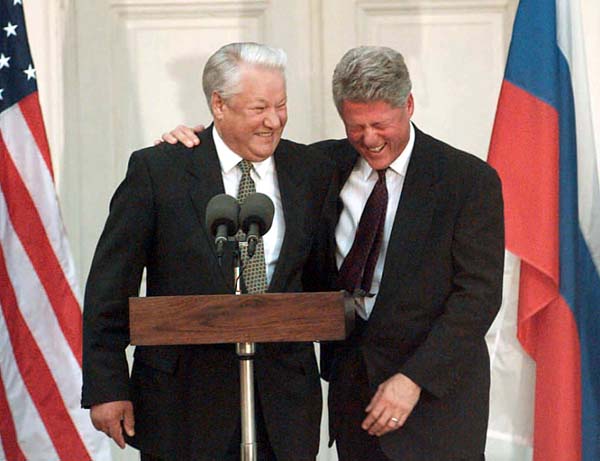
Humor can cut through people’s anger
Ray Hanania
One of the first things I did after the terrorist attacks of Sept. 11, 2001, was to launch a comedy act, in which I used humor to reintroduce Arabs and Muslims to the American people.
In the wake of 9/11, Americans would come up to me and ask angrily why my people were murdering Americans. In just a few weeks, the amount of name calling and harassment I received exceeded what I had experienced during 20 years of covering contentious American politics as a Chicago City Hall political reporter and columnist. Americans often dislike journalists, but I quickly discovered they disliked Arabs and Muslims even more.
I understood the anger. The 19 terrorists happened to be Arab and Muslim and, because they were dead, leaving angry Americans with no one to “punish,” the latter lashed out at anyone who was or who looked like they were Arab or Muslim.
Americans were angry, but I believed the majority were angry not because of racism or hatred, but because of their lack of familiarity with Arabs and Muslims. I am Christian, but everyone assumed I was Muslim. That was only the tip of an iceberg of misunderstanding.
After one speech I gave following the attacks, a white-haired old lady came up to me and said: “I can’t believe you abandoned your Christian faith to become an Arab.” What do you say to that kind of lack of knowledge? I could have lectured her about how Christianity is a religion and Arab is a culture or told her that the majority of the world’s nearly 2 billion Muslims are not Arab. I could have explained that Arabs come from 22 different countries and each one has its own ethnic, language and cultural diversity, or that Islam is a religion of peace and Muslims recognize and revere the same prophets as Christians, from Moses and Abraham to Jesus and Mary.
But that doesn’t work with angry people. You have to shatter that anger — and the most powerful way to do so is through humor. So that is what I did in January 2002, three months after the terrorists killed nearly 3,000 Americans and amid a backlash of violence that took the lives of more than a dozen Arabs and people who “looked” Middle Eastern.
The majority of Americans were angry after 9/11 not because of racism or hatred, but because of their lack of familiarity.
By June, my comedy had picked up and I was invited to perform at one of the nation’s top comedy clubs, Zanies. I often used humor as a journalist and it was easy to convert that to stage performances. I called it “Comedy for Peace.” I performed a range of comedy, from self-deprecating humor to light political satire, including lampooning my marriage as a Palestinian to a Jew and having a Jewish son.
After a few months of performances, Zanies offered me my first full week of nine shows. A few weeks before the shows were due to start, the club’s owners said Jewish comedian Jackie Mason needed to rehearse his upcoming Broadway show and would I mind if he replaced me as headliner for three of the nine shows? Of course, I said yes. Mason was a well-known comedian and Hollywood actor. I would be his “opener.”
Hours before the first show, however, he demanded I be removed because he and his manager said I was “Palestinian.” The show was already sold out, filled with my family and many media outlets that were there to cover a new genre of comedy. Instead, they got international conflict that filled newspaper pages for weeks. We appeared together on every major TV network and chat show in America, including CNN, “Good Morning America,” “The Today Show,” “CBS Morning News,” Fox News, and “Hannity & Colmes.” Despite my best efforts, they all turned to conflict.
Over the years, I reached out to Mason, urging him to perform comedy with me to show the world that Arabs and Jews could get along, but he never would. Mason died on Saturday aged 93. I have no cheer in his passing. I offer his family my condolences.
My comedy mantra was simple: “If we can laugh together, we can live together.” The fact that Mason and I couldn’t laugh together demonstrates why we couldn’t perform together.
The writer is an award-winning former Chicago City Hall political reporter and columnist.
